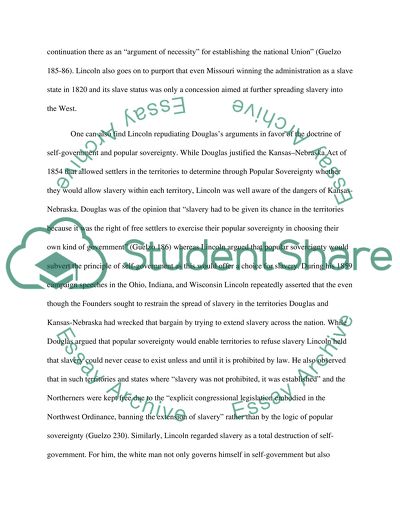Cite this document
(“Abraham Lincoln' Political Religion Essay Example | Topics and Well Written Essays - 2000 words”, n.d.)
Retrieved from https://studentshare.org/history/1398896-abraham-lincoln-political-religion
Retrieved from https://studentshare.org/history/1398896-abraham-lincoln-political-religion
(Abraham Lincoln' Political Religion Essay Example | Topics and Well Written Essays - 2000 Words)
https://studentshare.org/history/1398896-abraham-lincoln-political-religion.
https://studentshare.org/history/1398896-abraham-lincoln-political-religion.
“Abraham Lincoln' Political Religion Essay Example | Topics and Well Written Essays - 2000 Words”, n.d. https://studentshare.org/history/1398896-abraham-lincoln-political-religion.


